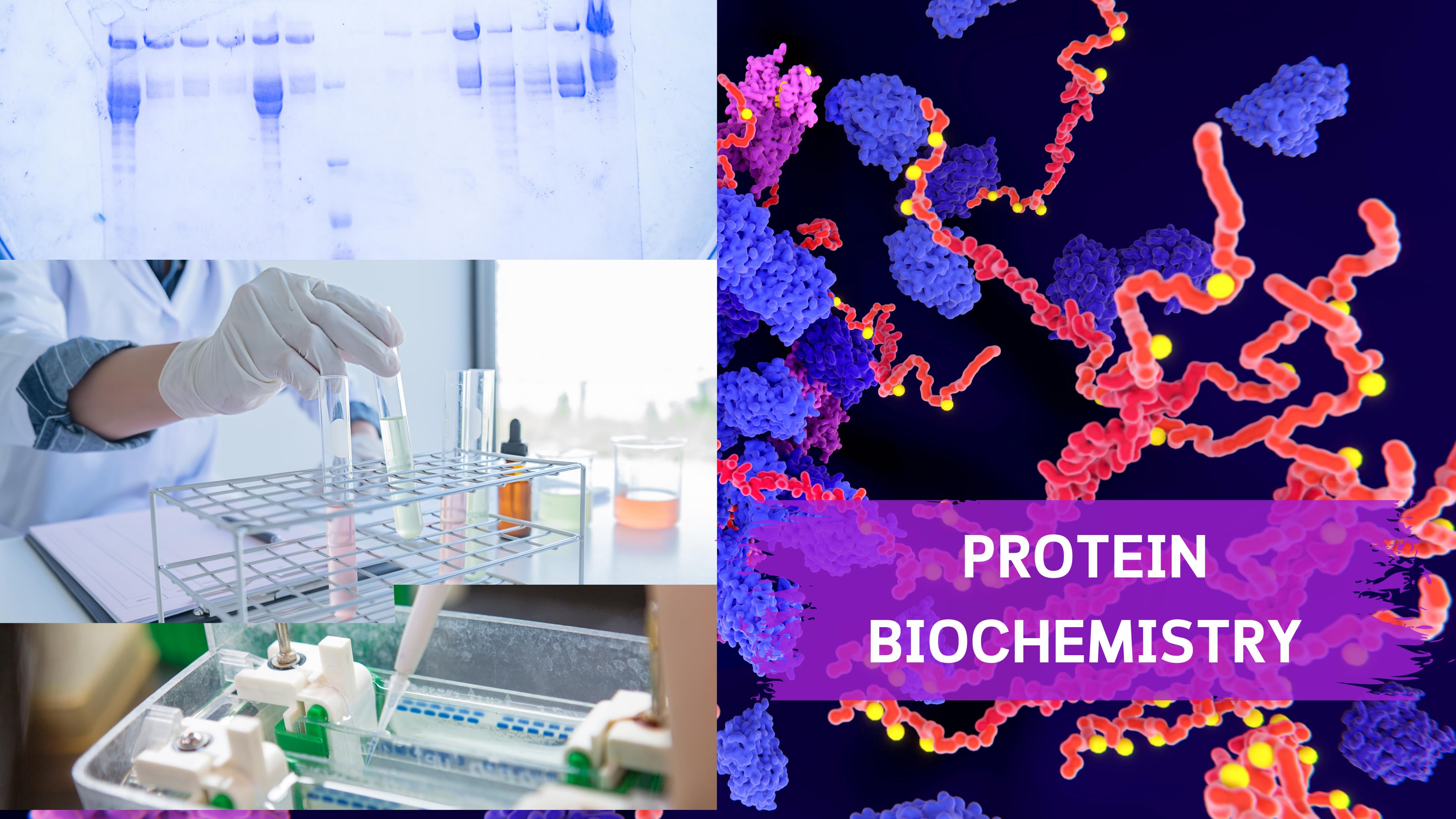Description/outline:
Understanding the Need
India, with its growing emphasis on healthcare,
biotechnology, and pharmaceutical industries, presents a burgeoning demand for
skilled professionals with expertise in protein biochemistry. Introducing a
dedicated course at the graduate/postgraduate level can significantly
contribute to this demand, fostering innovation and research.
Course Structure and Content
Theoretical component:
- Protein
Structure and Function:
- Amino
acids, peptide bonds, protein structure levels
- Protein
folding and stability
- Protein
domains and motifs
- Protein-protein
interactions
- Enzyme
kinetics and mechanisms
- Protein
Purification and Characterization:
- Chromatography
techniques (gel filtration, ion exchange, affinity, HPLC)
- Electrophoresis
(SDS-PAGE, native PAGE, isoelectric focusing)
- Proteomics
and Bioinformatics:
- Protein
identification and quantification
- Protein
interaction networks
- Structural
bioinformatics
- Database
searching and analysis
Practical Component
Hands-on experience is crucial for protein biochemistry.
Incorporate laboratory sessions covering:
- Analysis
of protein lysates (mammalian cells or bacteria)
- Protein quantitation using
UV-VIS spectroscopy, Bradford assays etc.
- Protein
SDS-PAGE, Western Blotting
- ELISA
- Bioinformatics
tools and databases
Course Delivery and Assessment
- Lectures:
Cover theoretical concepts and recent advancements.
- Seminars:
Encourage student presentations on research papers.
- Group
projects: Promote collaborative learning and problem-solving.
- Laboratory
Practicals: Provide hands-on experience.
- Assignments
and quizzes: Assess understanding of concepts.
- Comprehensive
examination: Evaluate overall knowledge and skills.
Career Opportunities/outcome
Highlight the diverse career paths available to graduates:
- Research
scientist in academia or industry
- Biotech/pharmaceutical
company R&D
- Drug
discovery and development
- Quality
control and assurance
- Clinical
research
- Bioinformatics
and computational biology

